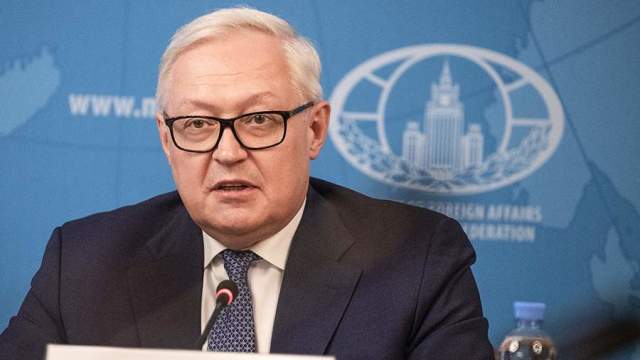Moscow has information that some Eastern European countries violated the provisions of the Treaty on Conventional Armed Forces in Europe (CFE). This was announced to journalists on May 16 by Deputy Minister of Foreign Affairs of the Russian Federation Sergey Ryabkov.
"We have recently had information that some Eastern European states directly violated the requirements of the treaty," he said.
Earlier, on May 15, Ryabkov said that Russia would not return to the implementation of the CFE Treaty, since it contradicts internal interests from the point of view of security. According to him, the security architecture in the European region was adversely affected by the unfriendly attacks of NATO countries against Moscow.
The draft on the denunciation of the CFE Treaty was submitted to the State Duma on May 10 by Russian President Vladimir Putin. On May 11, members of the State Duma Committee on International Affairs unanimously voted for the denunciation of the Treaty on Conventional Armed Forces in Europe.
The head of state appointed Ryabkov as an official representative during the consideration in Parliament of the denunciation of the Treaty on Conventional Arms in Europe.
The explanatory note to the bill notes that currently the United States and its allies are pursuing a line of confrontation with Russia, fraught with catastrophic consequences. It is clarified that the current state of affairs requires taking measures to denounce the treaty and start domestic procedures for the withdrawal of the Russian Federation from it.
In turn, Deputy Chairman of the Defense Committee Yuri Shvytkin said that NATO countries were the first to violate the CFE Treaty. Russia suspended its participation in it in 2007, and now the withdrawal will be made official. He also explained that the treaty provided for the introduction of restrictions on five categories of weapons: artillery, battle tanks, armored vehicles, as well as combat helicopters and airplanes. It was assumed that the agreement would be of an indefinite nature.

